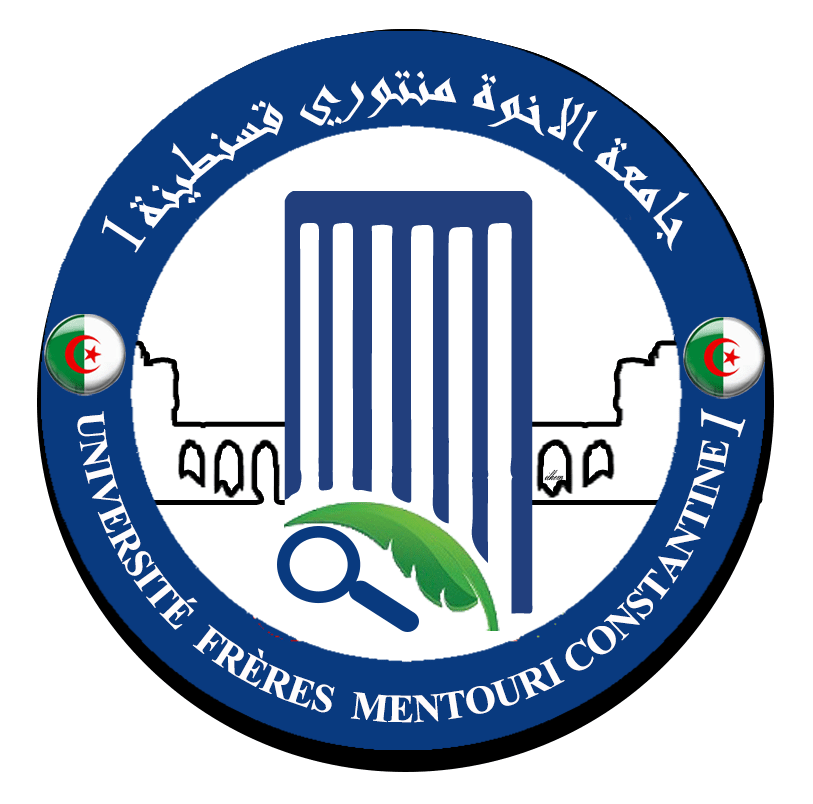التوطين و التغريب في ترجمة التجليات الدينية كتاب الأمير -مسالك أبواب الحديد- لواسيني الأعرج ، ترجمة مارسيل بوا إلى اللغة الفرنسية أنموذجا
Résumé: If the theory of translation course has long been tinged with dichotomies that have strongly shaped the way in which the translating act was once understood or approached, Venuti's ideological approach remains entirely different, since, although form dichotomy, it raises in an implicit way, a number of questions at the crossroads of translational approaches and theories. The dichotomy domestication-exoticism deludes us on the manifestations of contributions drawing in linguistics, sociocultural and so on. Working on a novel whose author writes in Arabic and thinks in more than one language and is influenced by more than one culture creates a kind of polyglossic and idiolectal writing paradigm, which makes the situation more complicated than it is. If we start from the commonly accepted postulate that language is in perpetual evolution, it comes out that this dichotomy, already complicated, becomes difficult to identify or to define. The Arabic that Laredj writes makes the author-translator an esoteric writer for that special way of writing. Could one always speak of exoticism and domestication when the source text itself represents a form of writing that arises classification and comprehension while, sometimes, the writer thinks in more than one language and more than one culture? Going through the corpus of Laredj's novel with its translation into French searching for domestication and exoticism will lead to consider a certain typology of this dichotomous approach that Venuti proposes. Exoticism may appear on the syntactic order, on the terms used as well as on sociocultural references. This work is a quest for manifestations of exoticism and domestication in a corpus where the author used an Arabic which smells more than one language and more than one culture. ""The book of the Emir"" is a novel translated from Arabic into French by Marcel Bois, which brings us back to the first year’s history of the French colonization in Algeria by remaining faithful to the smallest historical details. This story is about the friendship of the Emir and the first Bishop of Algiers, Antoine Adolph Dupuch, which had a great impact on these two men: the bishop discovers the spiritual dimension of Islam and the Emir got open to an interreligious dialogue that will even lead him to defend Christians against his own fellow believers. Indeed, while reading ""The Book of the Emir"" in Arabic, we notice many religious expressions used by Christian and Muslim characters. Laredj wanted to paint an Algeria where everybody shared common religious and cultural values.
Mots-clès:
Nos services universitaires et académiques
Thèses-Algérie vous propose ses divers services d’édition: mise en page, révision, correction, traduction, analyse du plagiat, ainsi que la réalisation des supports graphiques et de présentation (Slideshows).
Obtenez dès à présent et en toute facilité votre devis gratuit et une estimation de la durée de réalisation et bénéficiez d'une qualité de travail irréprochable et d'un temps de livraison imbattable!


